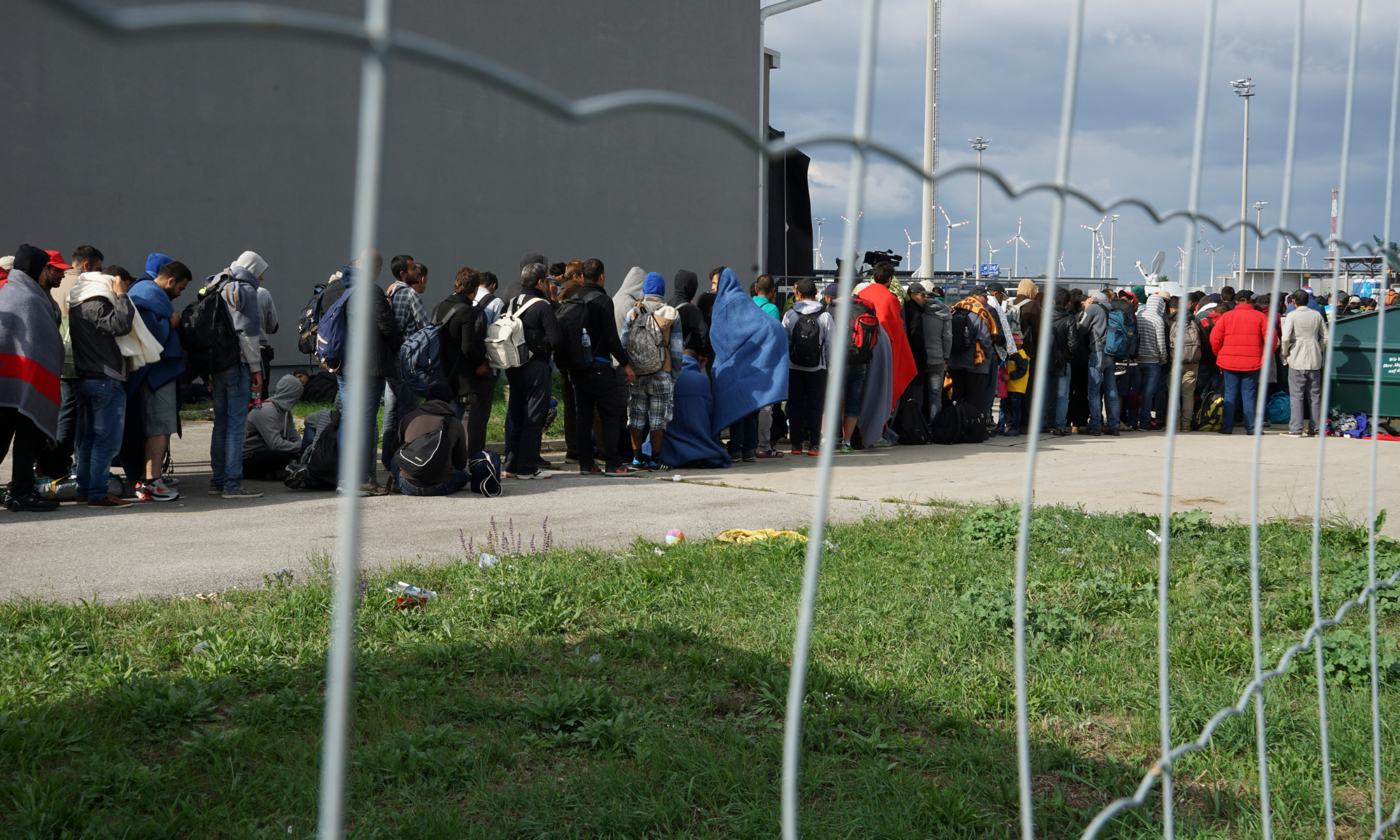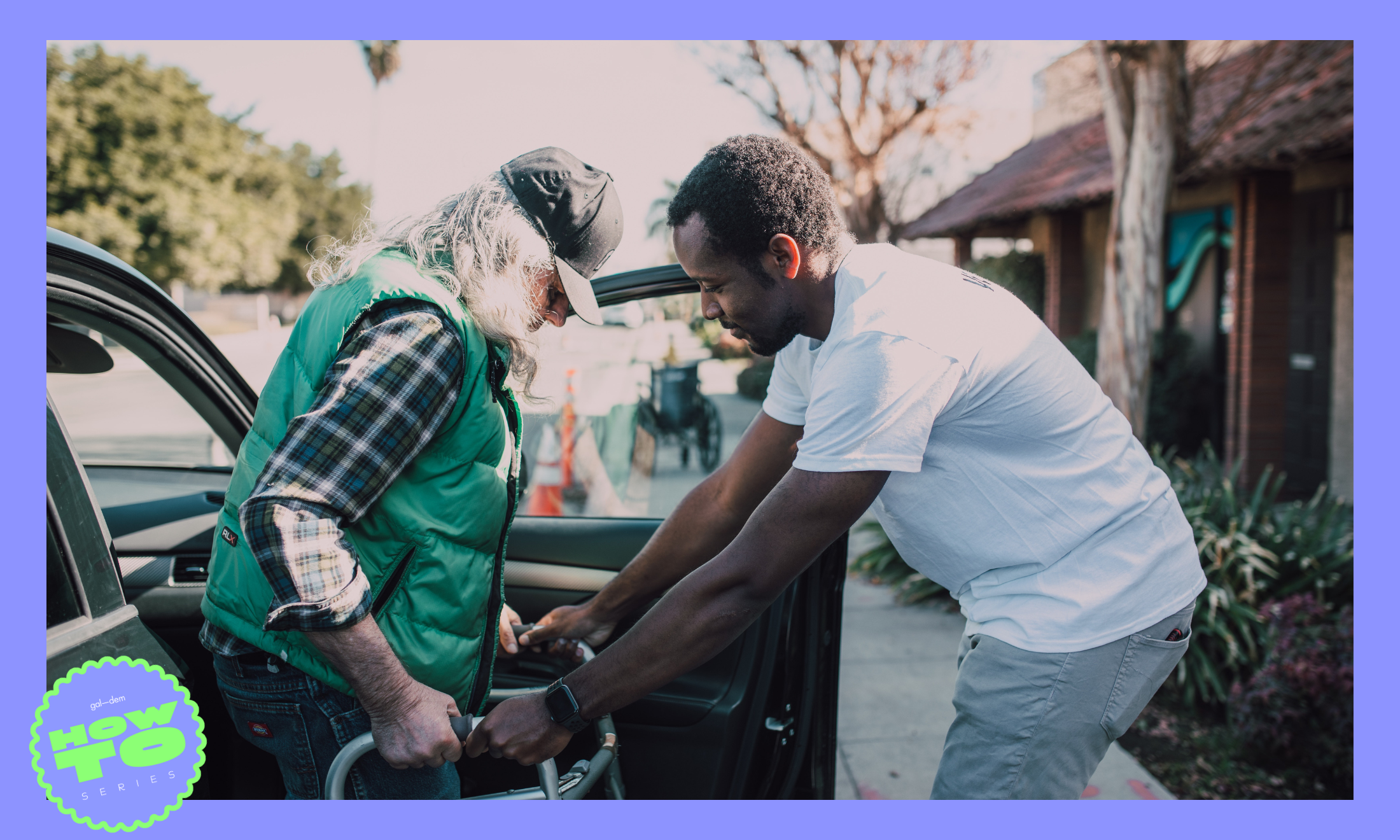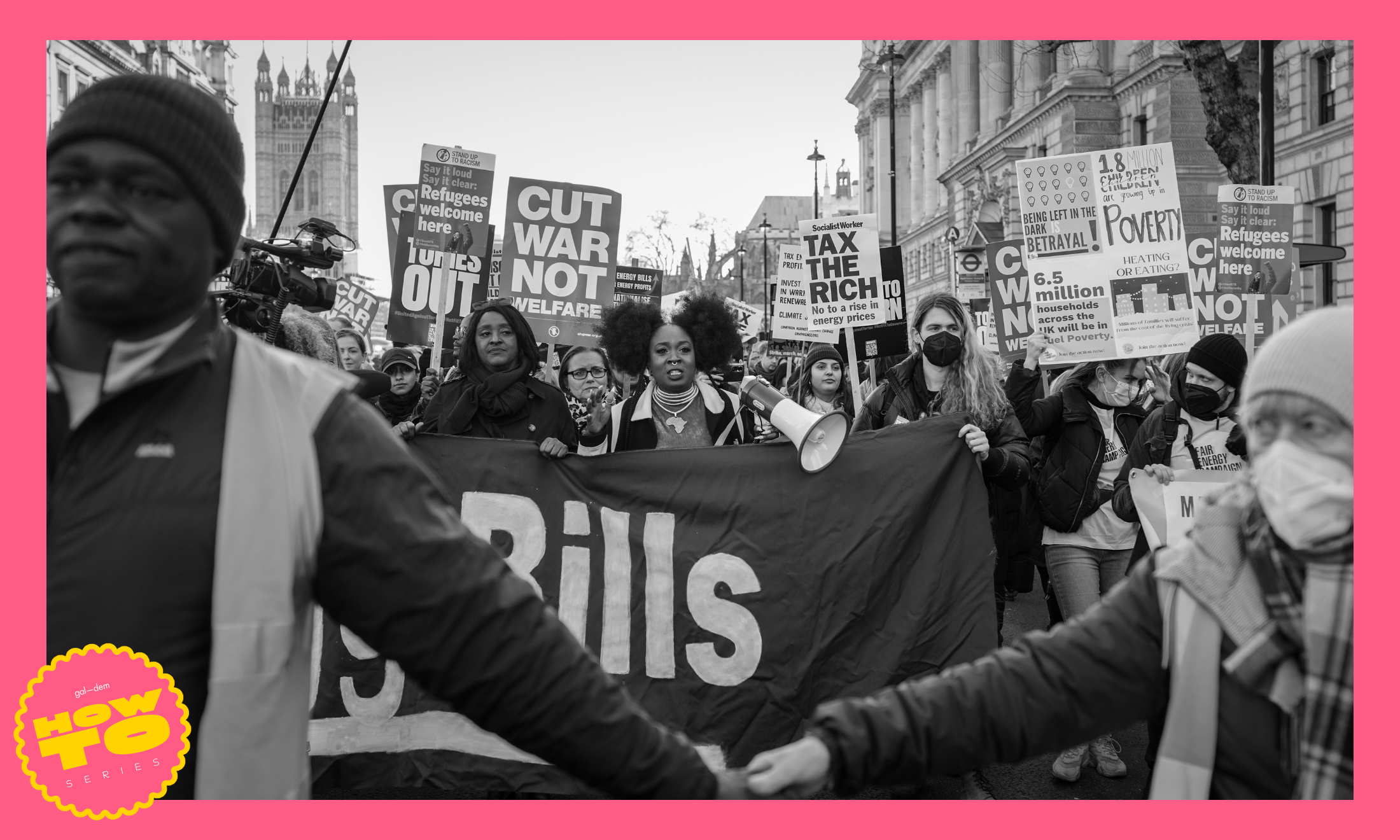
Wikimedia Commons/Mstyslav Chernov
Why ‘repatriating’ refugees is just another form of forced displacement
Countries like Turkey and Lebanon have declared Syria is ‘safe’ enough for refugees to return. But we should choose whether or not we want to go back.
Houda Fansa Jawadi
08 Dec 2022
War is not the worst nor the most violent act people face – this extends far beyond the frontline, and the aftermath can be just as brutal and heartbreaking. Displacement in various forms, from leaving your family home, to economic migration, to forced displacement and asylum seeking, means losing stability, support and shelter. I know this myself, having left my home of Syria in 2016.
Since the revolution and military operations started in Syria in 2011, the UN estimates that the civilian death toll has exceeded 306,887 people. More than 6.9 million have been internally displaced, with over 5.6 million registered refugees – many of those settling in neighbouring countries like Turkey, Lebanon and Jordan. The number of displaced people constituted more than half of its 22.5 million population estimated in 2011.
Almost 12 years later, we’re now being told that “Syria is safe”. The Assad regime is trying to open up the country to foreign tourism, despite a recent Human Rights Watch report claiming the government was responsible for “crimes against humanity”.
Still, neighbouring countries hosting refugees are using this argument that the country’s safe, that violence has stopped, to repatriate Syrians – the scapegoats to blame for the host countries’ own problems and government shortcomings. This year, for example, Denmark’s government revoked the renewal of many refugees’ residency permits, declaring that Syria is ‘safe’ in order to back its far-right immigration policy. In 2019, Sweden declared the situation in parts of the country had improved, and the leader of the far-right Sverige Demokraterna party has stated the forced return of Syrians is a major priority.
Meanwhile, in Turkey – the largest host country of Syrian refugees in the world with around 3.6 million refugees – there is a growing sentiment of hostility and racism amid rising living costs and a deteriorating security situation. In August, Turkish minister of family and social services Derya Yanık stated that all Syrians should leave by 2023, and has claimed that more than half a million people have returned to the safe zones created by Turkey in the north of Syria. Yet this repatriation is not voluntary. Human Rights Watch recently published a report sharing details of the arrest, detention, and deportation of hundreds of Syrian refugee men and boys in Turkey in the first half of 2022. Turkey denies forcibly deporting Syrian refugees.
“Amid this volatile climate, refugees become more vulnerable. They are unwanted guests, the weakest point in an already fragile state with strained public services”
Lebanon is following suit. In October, President Michel Aoun announced he will reintroduce a plan to send around 15,000 refugees back to Syria per month. On 26 October the first batch of 100 families – more than 700 people – went back across the border. It was followed on 5 November by a second round of returnees, around 330 people.
The Lebanese authorities have insisted that these trips are voluntary, and people have signed up without pressure. But the reality is Syrian refugees in Lebanon are stuck between a hammer and an anvil. The government has issued several policies and procedures restricting the movement, housing and work arrangements of Syrian refugees. Refugees also suffer from discrimination and harassment in Lebanon, not to mention a lack of accessibility to essential services for many of them due to their vulnerable status. In a country ruled by sectarianism, I fear that the government may want to reduce the number of Syrians in Lebanon, who are predominantly Sunni Muslims.
Lebanon has, of course, been hit by various crises of its own. Beirut’s disastrous port explosion in 2020 killed over 200 people and made 300,000 homeless, and now, the country faces one of the worst economic crises globally since the mid-19th century. Amid this volatile climate, refugees become more vulnerable. They are unwanted guests, the weakest point in an already fragile state with strained public services.
There is a Syrian proverb that says: “The evil that you know is better than one you don’t.” It explains why some refugees are willing to go back – they are desperate and tired of the treatment they’ve received in Lebanon or elsewhere.
It is painful to see a broad wave of anti-refugee sentiment sweeping host countries, particularly among neighbours which share historical economic, cultural, social and political relations. As a Syrian with family and several friends remaining in Damascus and Aleppo, I know that Syria is unsafe. Indeed, Amnesty International has recorded 66 violations against Syrians who returned last year, among them are examples where intelligence officers raped, tortured and detained returnees, including 13 children, even killing five. It’s clear Syrians’ decisions to return are not well-informed, and not voluntary.
“Returning should be a personal choice – that is a human right”
Yes, there are no more military operations in most of the country, but safety means many things. It means being safe from the government’s intelligence services, their merciless henchmen and informants, which are still responsible for the disappearance of many people. Safety means living in a lawful country, where rights are defended, where we are safe from acts of kidnapping, theft, vandalism and killing. It means practising our lives however we want, to open businesses without fears, to express our opinion, blame and criticise without fearing for our lives. Safety means having public systems to support you during economic hardships; safety from climate disasters and shortages of water. Children should be educated and safe to live a normal life without facing the threat of unexploded mines and dilapidated buildings. Women should be safe from verbal, physical and sexual harassment and violations.
So why should people who have already suffered this kind of brutality, oppression and violence, who have already fled their homes at least once before, go back and start over in a country where their safety isn’t guaranteed? Why must they be forcibly displaced once again? If people are returning, they are returning to ruins, damaged and destroyed neighbourhoods, villages and cities.
As a Syrian refugee in the UK, it took me a while to stand on my own feet again after starting my short life here. I went through a lot, but I also gained many things. Years later, I’m still trying to find the right balance between my previous and current lives, a balance that will bring me some peace. I love Syria, and I would love to go back and visit when the political circumstances change, but I don’t want to be forced to go back just because there are no more bombardments. I don’t want to restart my life again, as I near my 40s. As I contribute to life here in the UK, I deserve the right to choose, to stay, to see myself flourish and succeed. I discovered my true self here in London, and I am exploring other dimensions of my personality while trying out new skills and activities, and meeting new people. I’ve reached new horizons that I wouldn’t have found back home. In any case, returning should be a personal choice – that is a human right.
The contribution of our members is crucial. Their support enables us to be proudly independent, challenge the whitewashed media landscape and most importantly, platform the work of marginalised communities. To continue this mission, we need to grow gal-dem to 6,000 members – and we can only do this with your support.
As a member you will enjoy exclusive access to our gal-dem Discord channel and Culture Club, live chats with our editors, skill shares, discounts, events, newsletters and more! Support our community and become a member today from as little as £4.99 a month.









